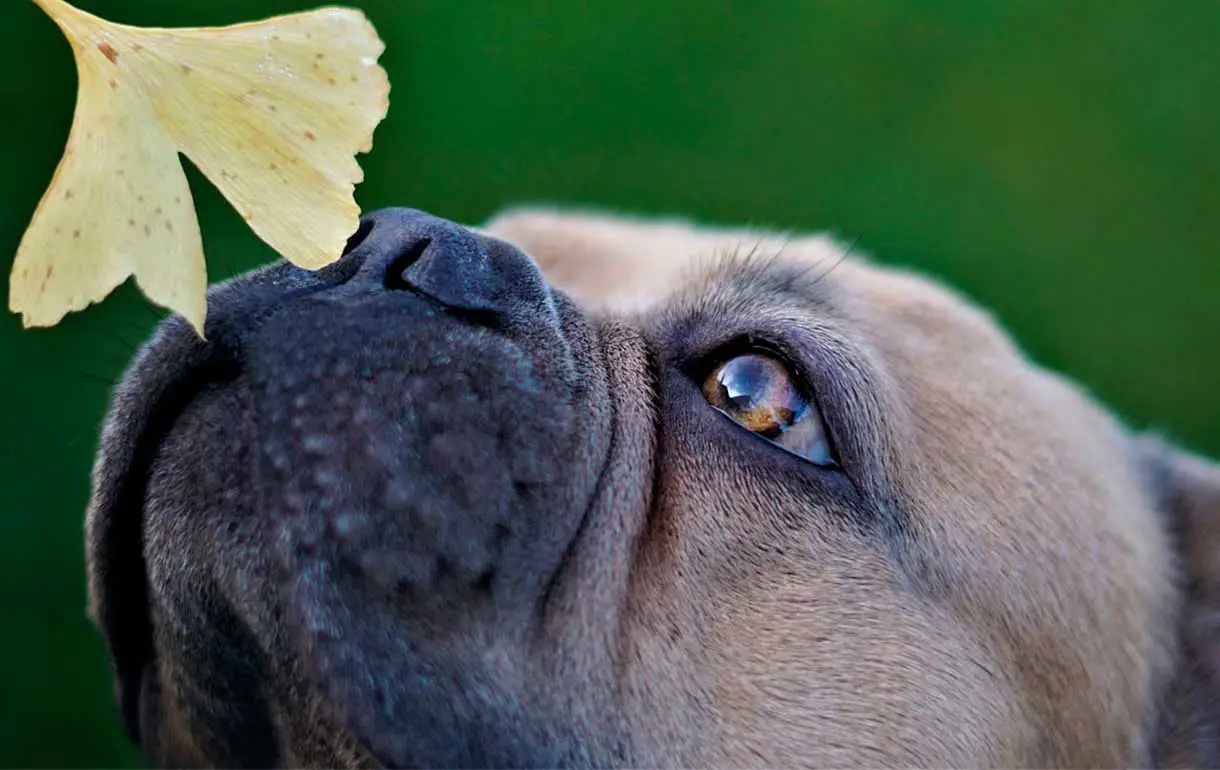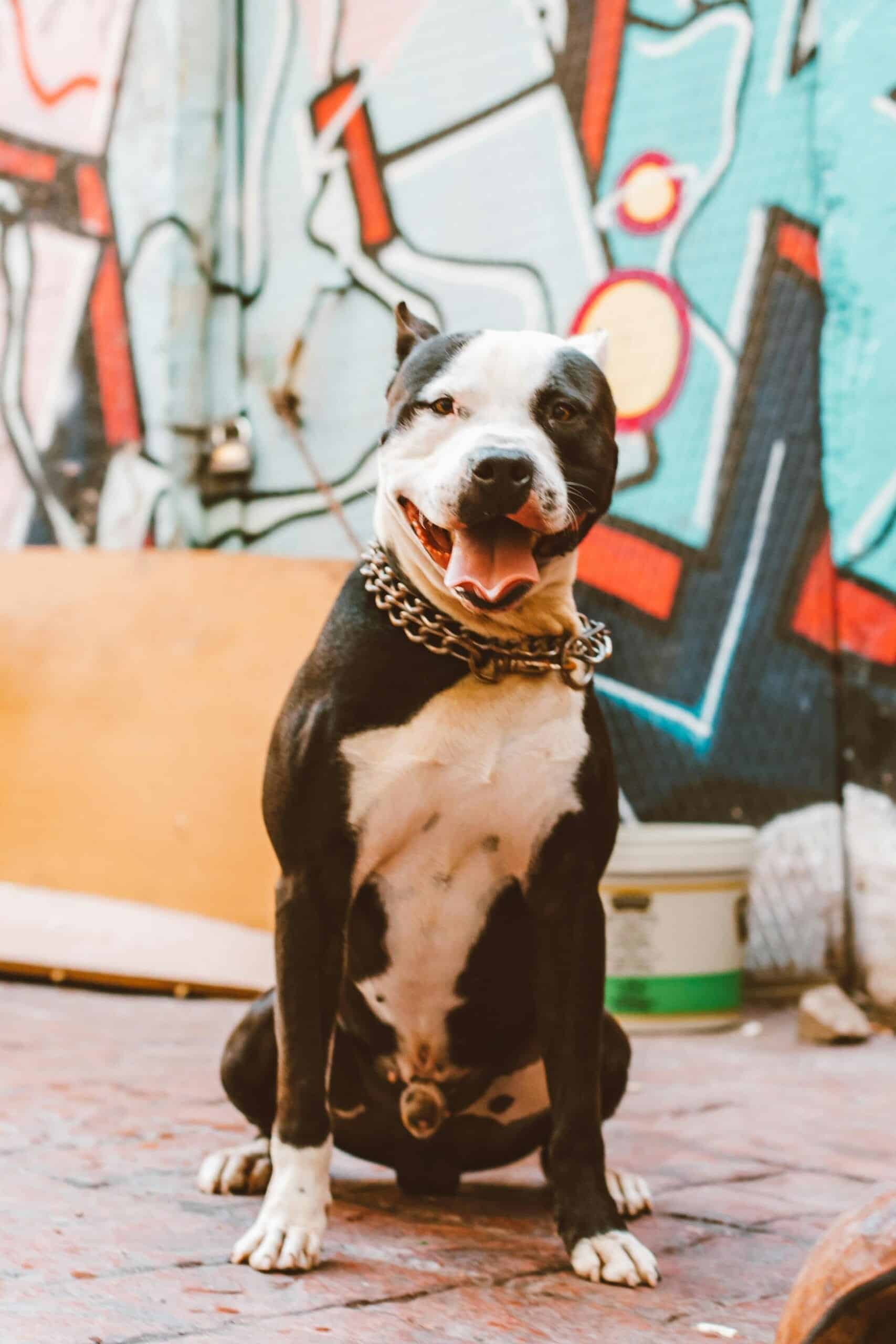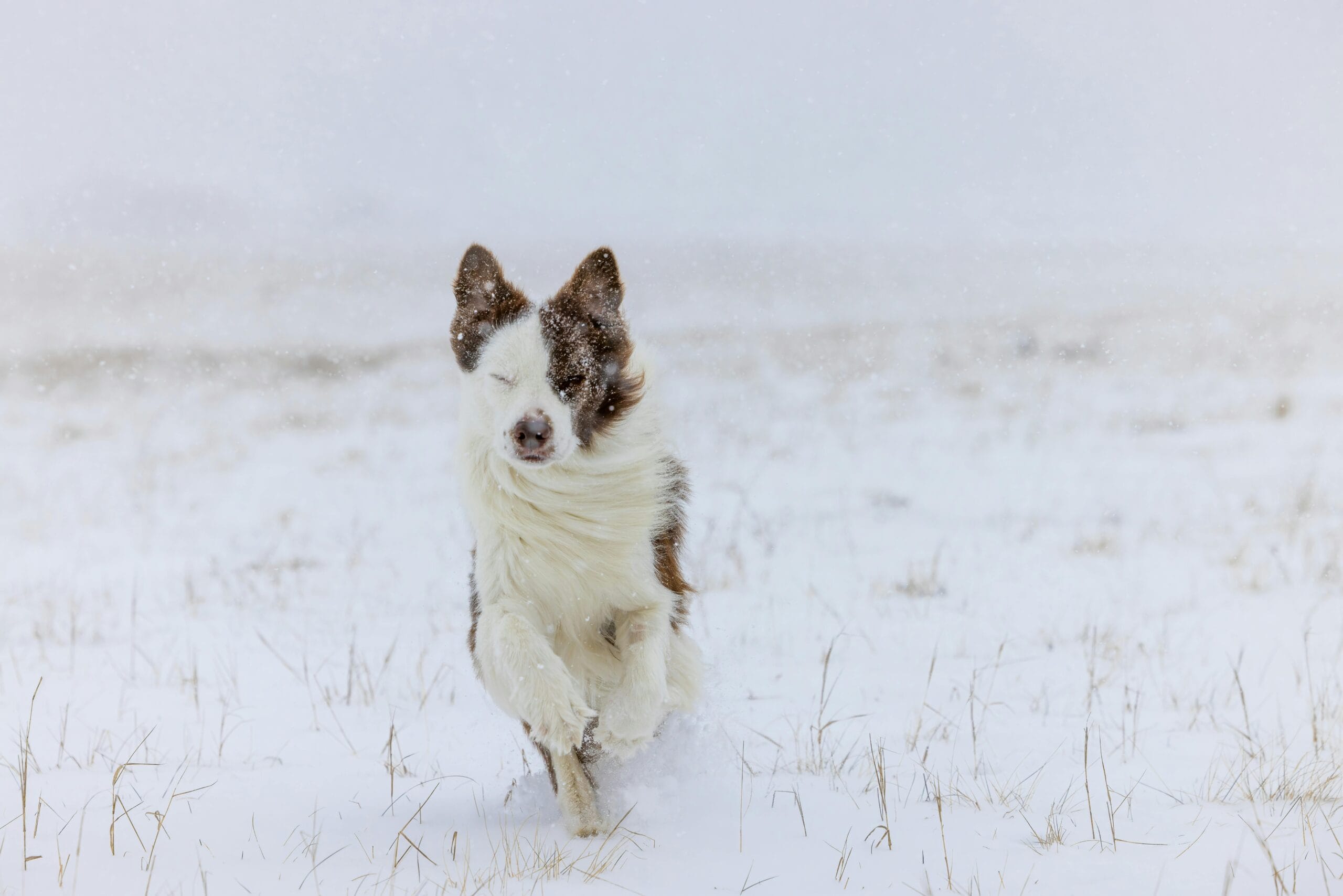The French bulldog is one of the small dogs most popular dogs today. Also known as frenchies, they love gentle walks and are characterized by their loyalty and gentleness, making them ideal for inexperienced owners.
His chubby little appearance has made him the darling of celebrities. The high demand for adopt or buy a french bulldog generates controversy among animal lovers due to the lack of adequate care.
In this text we tell you about its origin, its peculiar appearance, physical conditions and all the curiosities you should know before making it your doggy companion.
History and origin of the French Bulldog
The stocky build, exaggerated musculature and bat ears tell of a mixture of breeds dating back to the mid-19th century. Despite its name, this breed did not originate in France, but was exported from Great Britain. Experts agree that the English Bulldog is its main ancestor. The typical characteristics of its head and muzzle are the result of two centuries of crossbreeding with other dogs.
By the 1830s, English bulldogs were used as fighting animals until the practice was abolished in 1835. They then became very popular as hunting companions. Owners began to cross them with even smaller dogs looking for more agility and speed.
The economic changes derived from the Industrial Revolution provoked the massive migration of workers, butchers and craftsmen who were accompanied by their best canine friends. France received most of these dogs that, besides being skilled rat hunters, captivated the high society.
In 1880 the first frenchie fanciers club was founded in Paris, while in 1898 the breed was established. Within a couple of years it became a status symbol in Europe and later in the United States.

Characteristics of a French Bulldog
Saber how to recognize a french bulldog is essential in order not to make mistakes during their care. Their unique morphology is accompanied by certain health conditions. For example, their characteristic flattened snout and small nose make them prone to respiratory problems.
The first thing we notice about a frenchie is its raised ears, attentive to any sound, as well as its prominent musculature. However, there are some peculiar features that must be observed in detail to distinguish them.
- Size and weightIt is considered a small medium dogIt measures between 27 and 30 centimeters, although males can reach 35 centimeters in height. Its ideal weight is approximately 11 kilos, but it can reach up to 15 kilos.
- Head and faceThe crossbreeding resulted in a somewhat disproportionate anatomy. The bulldog has a flat face with an almost perfect straight line between his jaw and nose. His bat-like ears stand out above the rest of his body while his rounded, bulging eyes give him a charming look.
- PhysiognomyHe is a robust boned little fellow with a vast musculature, especially in the shoulders. The long back compacts his legs, giving him that peculiar way of walking with his limbs more or less parallel in doing so. A healthy frenchie has a relaxed movement, he can be very slippery in spite of his great body density. His lovely tail will never be higher than his shoulder blades but it is enough to cover his anus.
- FurBulldogs: Like the rest of the bulldogs, it has a short, smooth and uniform coat along the body. It can be brindle or fawn of brown, black or white color but also of improbable colors such as bluish. Some specimens may have irregular spots that appear after three months of age.
Character and temperament of the French bulldog
Many people adopt a french bulldog because of its reputation of being a good pet for children or an excellent companion dog. The truth is that its appearance is not the only adorable thing, but also its personality, of course, with the right training.
His stubborn countenance does not hide his tenderness. He is a loving, intelligent, active dog and an excellent playmate. He gets along very well with other pets, although females are overprotective of their puppies.
The evolution of the French bulldog left behind its past as a hunter or fighting dog. The main concern of frenchies' caregivers is to manage their energy, especially during the first two years of life.
Training and activities for French bulldogs
It requires a lot of dedication during its teaching. Keep in mind these tips for raising a frenchie appropriately:
Keep in mind that this is a dog that loves to have fun, so you must be patient and consistent. Use direct commands that he can understand quickly. Establish a system of rewards and punishments.
It is important to start teaching him from an early age with positive reinforcement. He is a very smart dog, he will quickly learn the rules you impose.
For outdoor training, veterinarians recommend several short sessions due to their low tolerance to heat. It is also a more effective method when it comes to puppies.
It is a sociable dog that does not like to be alone for long periods of time. Toys are an excellent method to manage anxiety.
French bulldog health
The most common health problems of the french bulldog are associated with its morphology. The brachycephalic condition (short and wide head) makes it a victim of various respiratory conditions that in extreme cases may require corrective surgeries.
His small muzzle makes it difficult for him to regulate his body temperature, making him susceptible to heat stroke, constipation and drafts. The snoring of the frenchie arouses tenderness among its owners, but, in some occasions they are indicators of some type of obstruction in its respiratory tract that requires attention.
French bulldog care
This wrinkled-faced furry can live between 9 and 12 years if it has the right proper care. It is important to take precautions during walks to avoid incidents due to heat or dehydration.
His coat does not require much maintenance, just brushing him once a week and removing dead hairs. After bathing, it is essential to dry its folds well to prevent dermatitis due to excess humidity. The ears require special attention so it is advisable to use an ear cleaner for dogs to remove dirt.
What does a French bulldog eat?
The proper feeding of the french bulldog is essential for good health. They are canines with sensitive stomachs, susceptible to vomiting and indigestion. It is imperative to take care of what they may accidentally eat during walks.
It needs food rich in protein, essential fatty acids, carbohydrates and fiber; the latter is important to balance the intestinal flora. Frenchie puppies require a very specific diet so it is not bad to ask your veterinarian before administering a different food.



